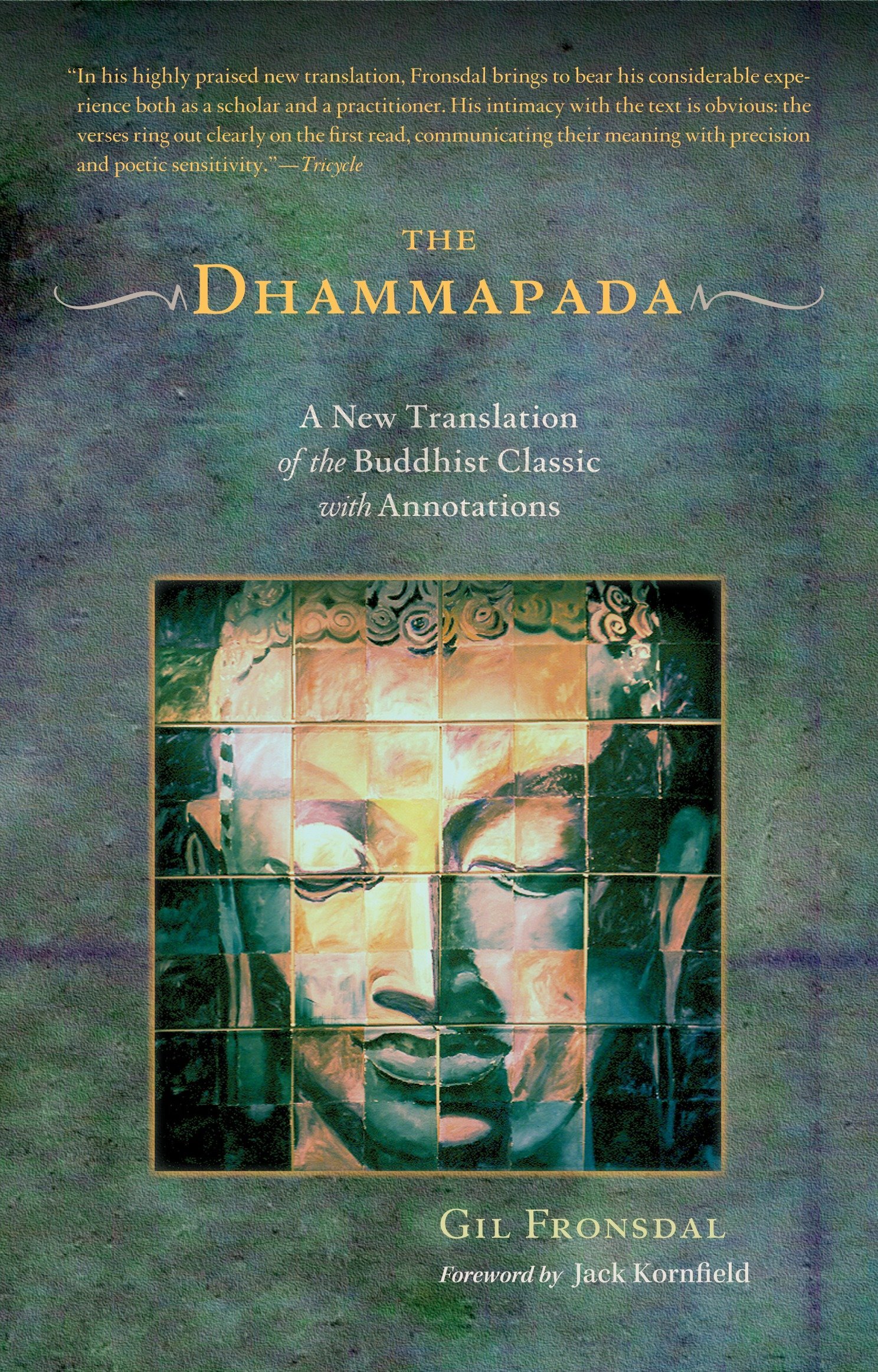Teachings Of The Buddha Jack Kornfield Pdf Printer
If you change your brain, you can change your life. Great teachers like the Buddha, Jesus, Moses, Mohammed, and Gandhi were all born with brains built essentially like anyone else's-and then they changed their brains in ways that changed the world. Science is now revealing how the flow of thoughts actually sculpts the brain, and more and more, we are learning that it's possible to strengthen positive brain states. By combining breakthroughs in neuroscience with insights from thousands of years of mindfulness practice, you too can use your mind to shape your brain for greater happiness, love, and wisdom. Buddha's Brain draws on the latest research to show how to stimulate your brain for more fulfilling relationships, a deeper spiritual life, and a greater sense of inner confidence and worth.
Using guided meditations and mindfulness exercises, you'll learn how to activate the brain states of calm, joy, and compassion instead of worry, sorrow, and anger. Most importantly, you will foster positive psychological growth that will literally change the way you live in your day-to-day life. This book presents an unprecedented intersection of psychology, neurology, and contemplative practice, and is filled with practical tools and skills that you can use every day to tap the unused potential of your brain and rewire it over time for greater well-being and peace of mind. 'With the mind of a scientist, the perspective of a psychologist, and the wise heart of a parent and devoted meditator, Rick Hanson has created a guide for all of us who want to learn about and apply the scintillating new research that embraces neurology, psychology, and authentic spiritual inquiry. Up-to-date discoveries combined with state-of-the-art practices make this book an engaging read.

Buddha’s Brain is at the top of my list!' Heckler, PhD, assistant professor at John F. Kennedy University in Pleasant Hill, CA. 'This book enables us to understand the whys and hows of our human operating system so we can make more informed actions that allow us to live our lives more fully, compassionately, and with greater well-being and kindness towards others and ourselves. What I find exciting about Buddha’s Brain is Rick Hanson’s ability to clearly delineate the root causes of suffering and explain pertinent ways we can actually change these causes and effect lasting change on all levels of our mind, body, and interpersonal relationships. Cara mendonlod video youtub young 1. His informative, relaxed, and easy-to-read style of writing made me want to pick up this book again and again and dive ever more deeply into the complexities of our human engineering.
Buddha’s Brain is now on my recommendation list for all my students and teachers-in-training.' Miller, PhD, founding president of Integrative Restoration Institute. 'Numerous writings in recent years have exacerbated the traditional rift between science and religion; however, there has been a refreshing parallel movement in the opposite direction. Neuroscientists have become increasingly interested in using first-person introspective inquiries of the mind to complement their third-person, Western scientific investigations of the brain.

Jack Kornfield, one of the most respected American Buddhist teachers, has compiled these teachings to impart the essence and inspiration of Buddhism to.
Buddhist contemplative practices are particularly amenable to such collaboration, inviting efforts to find neurobiological explanations for Buddhist philosophy. Stripped of religious baggage, Buddha’s Brain clearly describes how modern concepts of evolutionary and cognitive neurobiology support core Buddhist teachings and practice. This book should have great appeal for those seeking a secular spiritual path, while also raising many testable hypotheses for interested neuroscientists.'
—Jerome Engel, Jr., MD, PhD, Jonathan Sinay Distinguished Professor of Neurology, Neurobiology, and Psychiatry and Biobehavioral Sciences at the University of California, Los Angeles. 'Recent developments in psychology and the neurosciences have led to clear and powerful insights about how our brains work and how these neurological functions shape our experience of the world. These insights are profoundly congruent with the wisdom that has been developed over thousands of years in the contemplative traditions. The authors of Buddha’s Brain have given us a concise and practical guide to how these two currents of knowledge can be used to transform our capacity to engage both ourselves and others with wisdom, compassion, and mindfulness.' Truog, MD, professor at Harvard Medical School, executive director of the Institute for Professionalism and Ethical Practice, and senior associate in critical care medicine at Children’s Hospital, Boston.